- 47 Posts
- 244 Comments

 341·10 months ago
341·10 months agoThe article refers to the pandemic as though it’s over, which doesn’t exactly help with the problem. Sigh.
It reduces the drive’s lifespan.
Let’s remember that swapping frequency and volume are system-dependent; practically zero on many systems. On a well-provisioned system that doesn’t swap much, having swap space on an SSD can be easier on the environment and wallet than buying and powering a separate device for it.
Nevertheless, I agree that minimizing SSD writes is worthwhile, and reject the notion that an SSD’s useful lifetime ends when I’m done with it. (See my other comment.)
I try to keep in mind that replacement shouldn’t mean landfill. When my needs have outgrown an SSD, it gets repurposed, donated, or sold. Old ones still work great in computers used in education, special-purpose systems, test environments, refurbished laptops, appliance-like machines, etc.
In the long run, conserving SSD life while I own it translates into less waste and pollution in the world.
Rather than guessing at whether it’s swapping, why not check your swap usage? Running
free -hin a shell will give you a brief overview of memory usage. Various GUI system monitors will graph it.You can also find out what process is hitting your storage so hard with a tool like
iotop.
Do note that if you intend to use Debian for gaming, you’ll probably want to enable Backports for access to newer kernel and firmware packages.

 71·10 months ago
71·10 months agoMost modern SSDs are NVMe devices, so your question doesn’t really make sense.
Do you mean between an HDD and and SSD?
Or maybe a SATA SSD and an NVMe SSD?

 12·10 months ago
12·10 months agoMeatbags have to enter coordinates into those, too.

 10·10 months ago
10·10 months agoI expect MatrixRTC will be capable of screen sharing if it isn’t already, so this is probably just a matter of time, so long as Matrix gets the sponsors they need to continue their work.

 2·10 months ago
2·10 months agoI don’t find it surprising at all. Lots of software bugs remain hidden until some circumstance triggers them. Different hardware, different levels of system load, different filesystems… all sorts of things can make a difference.
For what it’s worth, I was using packaged builds on Ubuntu, Ubuntu Studio, and Debian.
Glad you’ve been lucky. :)

 2·10 months ago
2·10 months agoI’ve tried it several times over the years, but was disappointed every time to find that it was very crashy. I hope they get that sorted out.

 2·10 months ago
2·10 months agoI would be satisfied with people not making wild, misleading, insulting claims about others in the first place.
I wonder why you’re so intent on arguing in support of that behavior.

 1·10 months ago
1·10 months agoI don’t know if any of what you claim is true, since I haven’t followed those discussions. However, even if true, none of it would mean they are anti-LGBT.

 34·10 months ago
34·10 months agoServo is a web rendering engine, not a browser.
Also, Ladybird is newer, and therefore news to more people. That, along with the fact that it only recently became a stand-alone project, could explain why you see more talk about it lately.

 2·10 months ago
2·10 months agoNo one is trying to hurt their characters.
Then I suggest not spreading comments referencing “anti lgbt stuff” when (as far as we have seen) there is nothing anti-LGBT about them. Even if you mean no harm, it can do damage, by coloring people’s perception of the project and its leadership.

 10·10 months ago
10·10 months agoWhat about the anti lgbt stuff? Thoughts…?
It is important to remember that turning down a pull request does not make a person (or project) anti-LGBT.
Sadly, I have seen bullying and brigading from people who claim to be supporting inclusiveness, more than a few times. That behavior alone would be enough to sour me on them personally, and on any change they had submitted.
And, of course, there are other perfectly valid reasons to decline a PR as well.
Asking for changes we would like to see is fine. Demanding them is not. Resorting to character assassination when we don’t get what we want is absolutely not.

 2·10 months ago
2·10 months agoIt’s a lot harder to revise history that has been written down.
Sony used to make compact variants of their flagship Xperia phones. Good specs. Good battery life. Good camera. Good display. Good sound. Good reception. Headphone jack. SD card slot. Unlockable bootloader, so they could be de-googled.
Sadly, the “compact” models grew slightly larger with each model year, and even a not-so-compact one hasn’t been released in a while.

 7·10 months ago
7·10 months agoThere isn’t a browser suitable to replace Firefox in the official Debian apt repos.
However, as far as I can tell, Mozilla’s recent Terms of Use apply only to the Firefox builds downloaded from Mozilla, not to the built-from-source versions that you get from the Debian archive using apt.
You can use the Debian build under the terms of the Mozilla Public License. Read /usr/share/doc/firefox-esr/copyright for details.
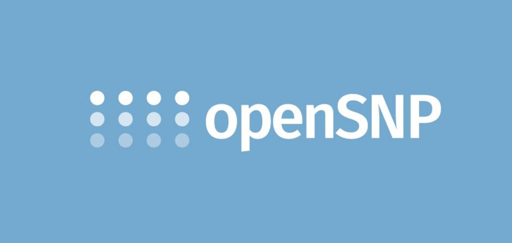












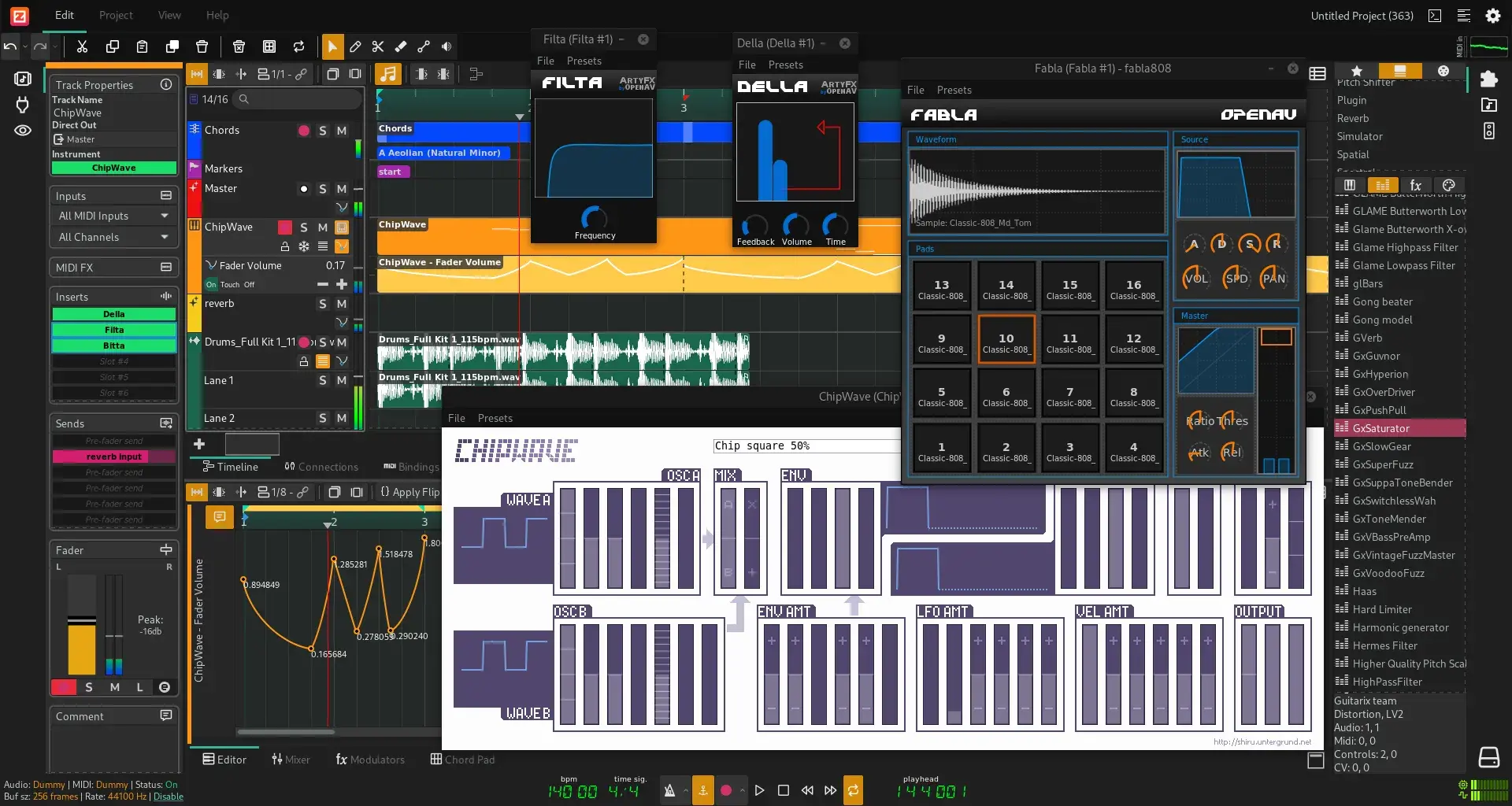
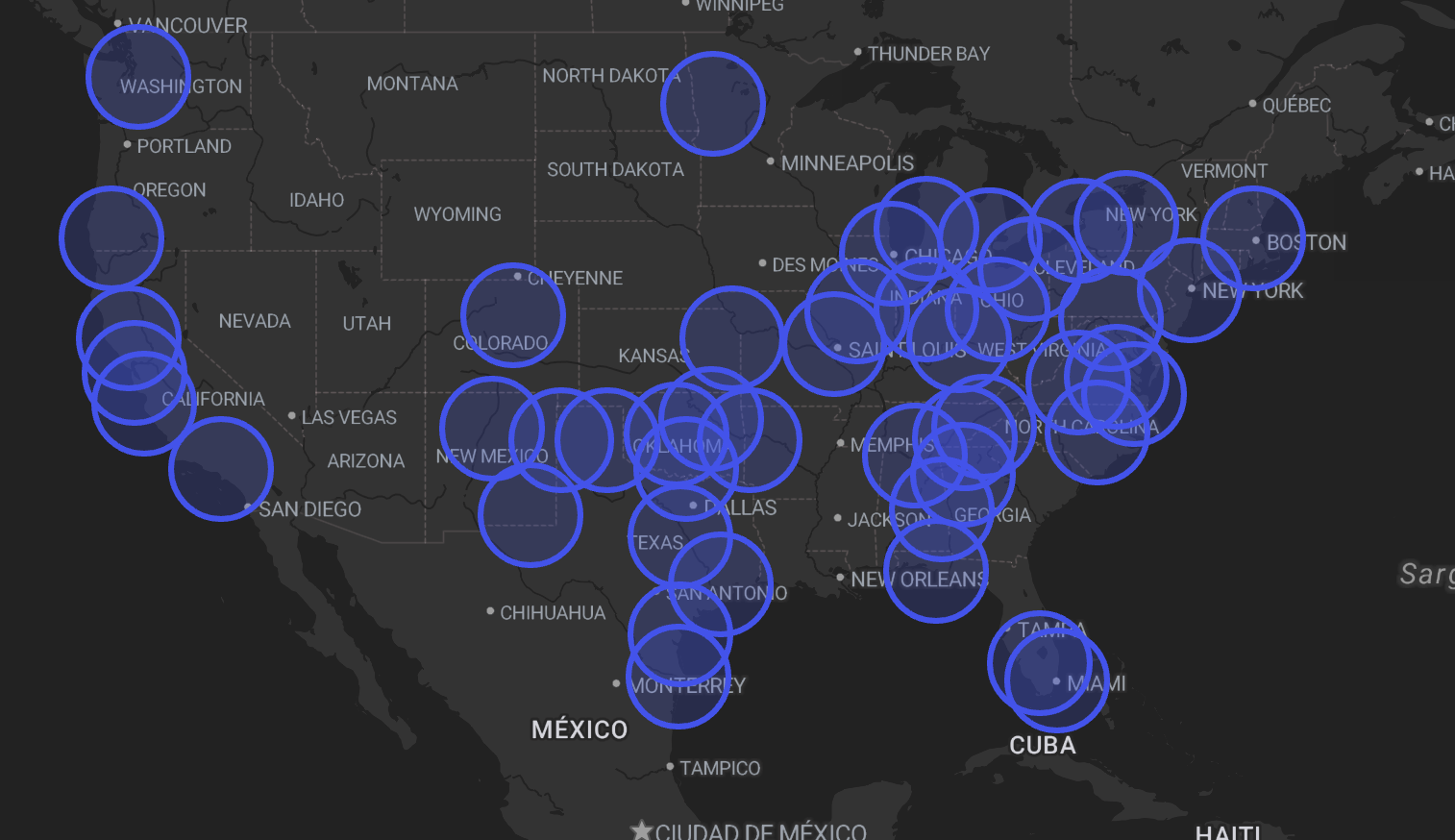
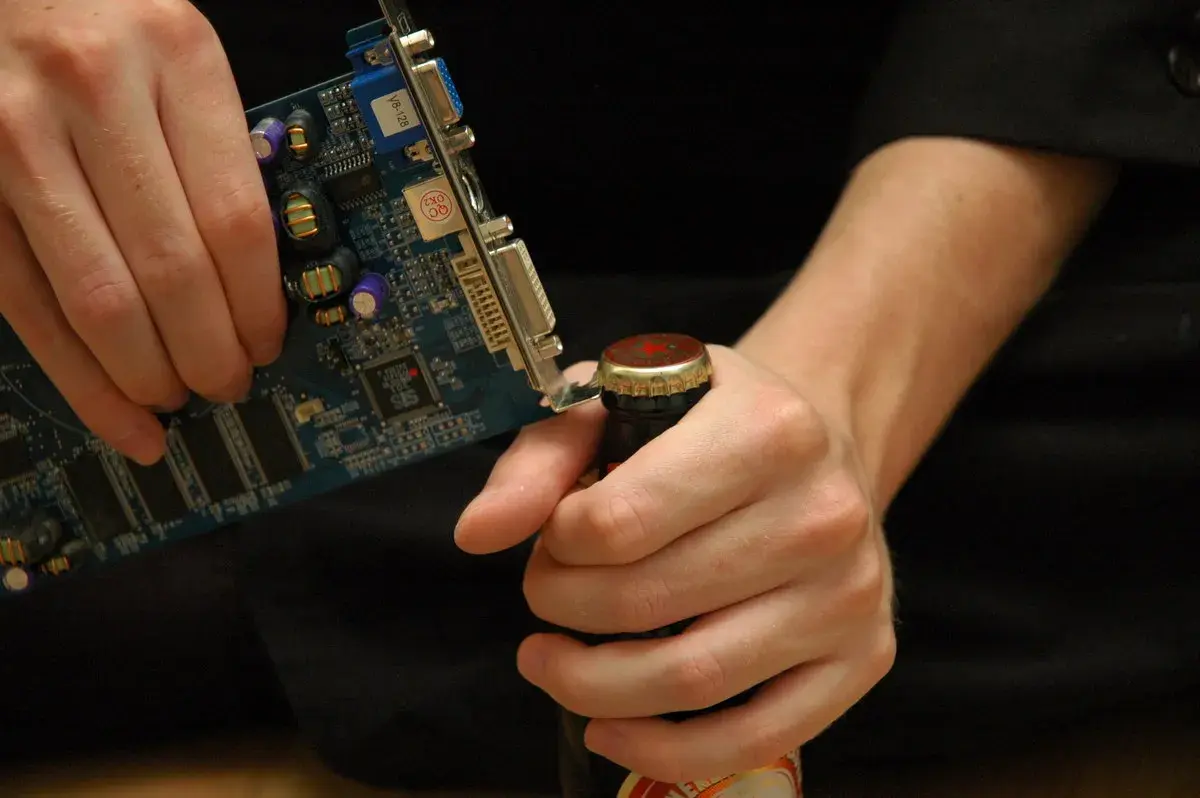
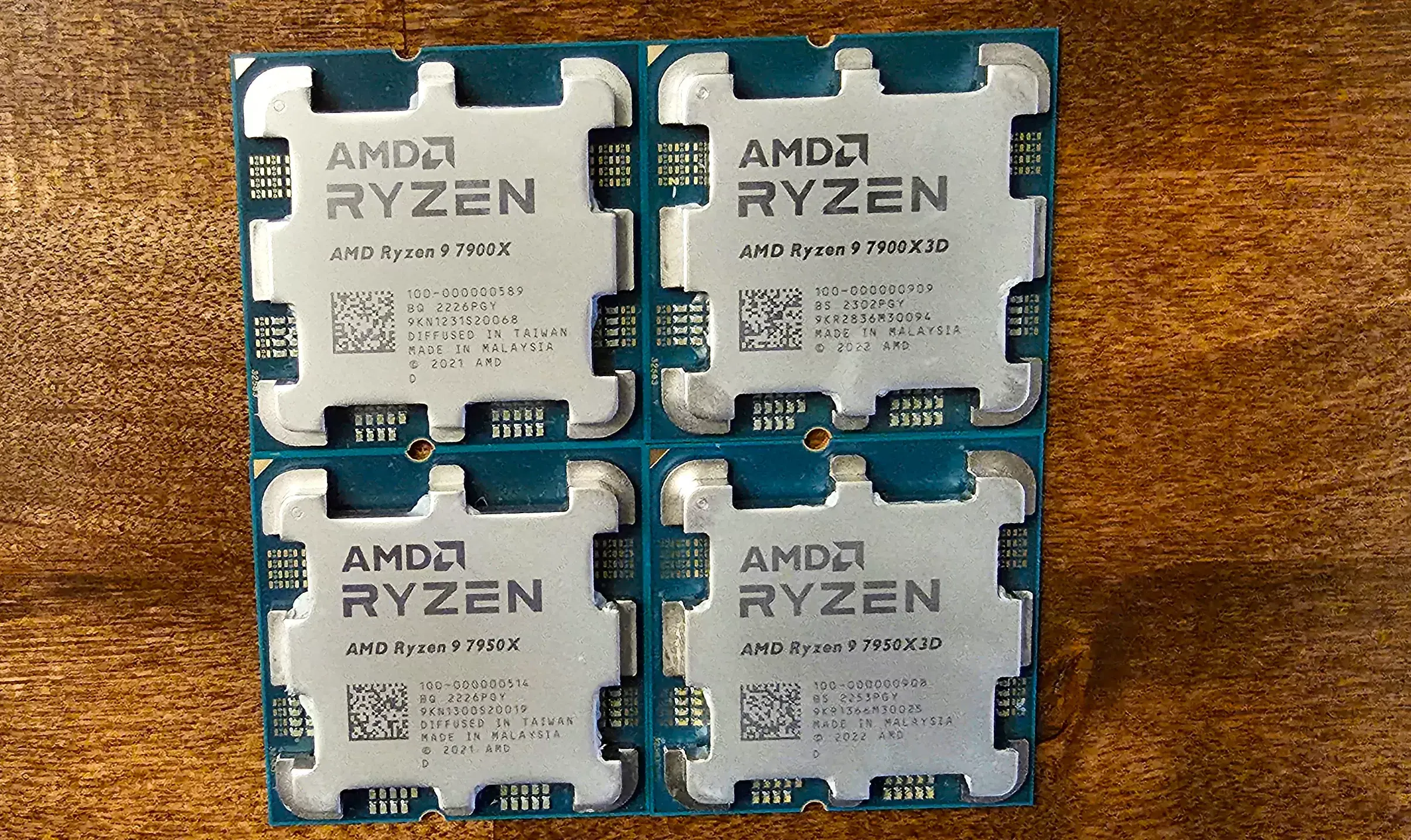
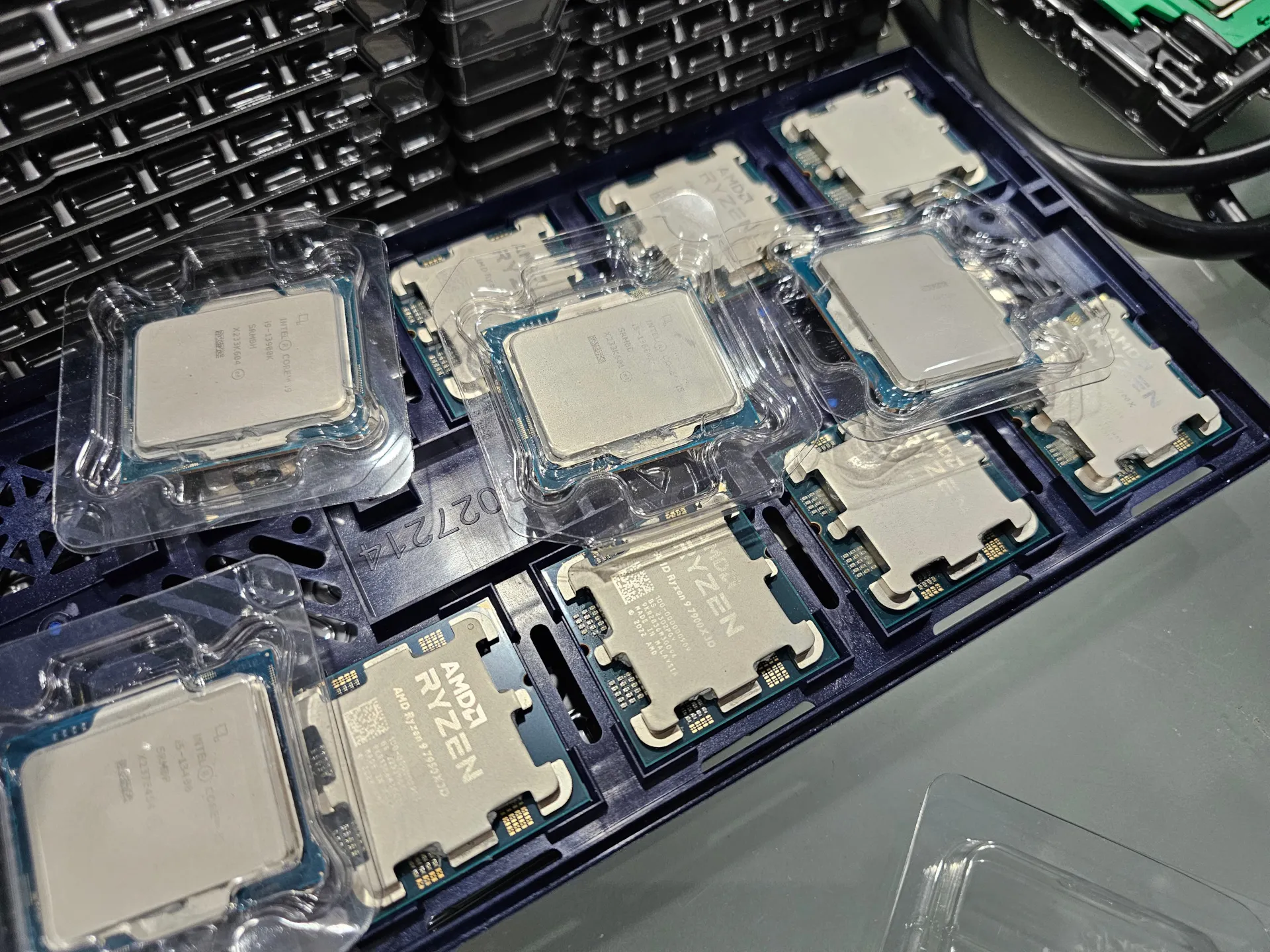
Long ago, I solved all of the ways in which PHP made me sad…
…by abandoning it.
Nowadays we have better languages that can do the job at least as well.